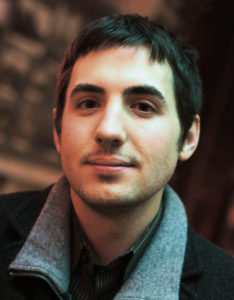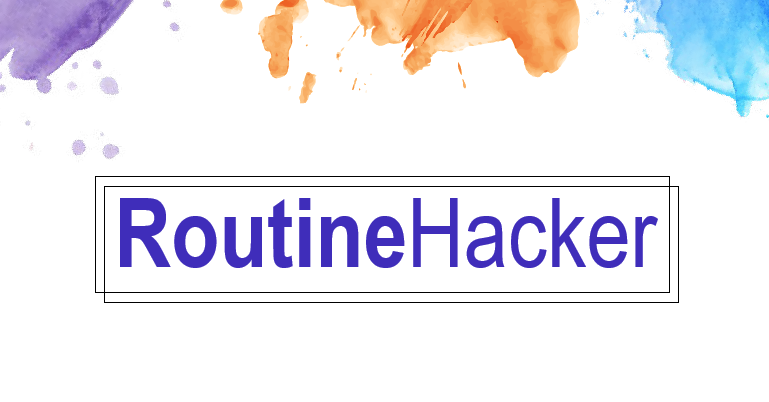“Progress makes people feel good. And when they feel good, they are more likely to do good work — which, in turn, makes them feel even better. That pattern can build on itself and create a progress loop.”
– Researcher Teresa Amabile explains the power of celebrating progress.

Wellness Tip:
Imagine Your Future Self
“Human beings are works in progress that mistakenly think they’re finished,” says Dan Gilbert in a great TED Talk. His point? That you will change. And what you’ll become depends largely on the vision you hold of your future self. 💭
To create our best future selves, we need to stop clinging to our current identities. That means dropping the rigid labels (I’m an introvert, I’m a smoker, etc.).
Then, we need to have a clear vision, a belief we can succeed, and a path to get there. Says psychologist Benjamin Hardy, “If your future is clear, exciting, and something you believe you can create, then your behavior in the present will reflect that.”
Hardy goes into more detail in this article for HBR – do give it a read!
Productivity Tip:
Reward Yourself for Making Progress
Promising yourself a reward for meeting a goal is a great incentive to go out and get ‘em. Still, it’s not always enough. Major end goals can seem so distant.
That’s why we should recognize and reward progress as well. Research shows that this gives us a sense of accomplishment and motivates us to keep going.
Noting down your small wins each day (you can do this using your Panda Planner) is already a highly effective form of reward. But you can also take it a step further by making progress rewards tangible. Here are some ideas on how to do that.
What progress did you make today, and how can you give yourself a pat on the back?
Routine Breakdown
Kevin Rose, Co-Founder of Digg & Serial Entrepreneur

Kevin Rose, tech start-up genius, says that spending time with his kids is an essential part of his morning routine. He:
- Gets up at 7am and takes care of his kids until 9.
- Heads to his home office and starts his day with a Japanese sencha green tea.
- Does 10-15 minutes of meditation to clear his mind.
- Tackles his most important tasks until 11am, then does a workout on his treadmill.
Why it works:
- Quality time strengthens family bonds and benefits both parents and kids.
- Green tea has potent antioxidants and has been shown to boost memory.
- Meditation is definitely a good way to start the day.
- Tackling important tasks first is a good prioritization strategy – that way, progress on key goals gets made no matter what else happens throughout the day.
Here are some great arguments for kicking off the day with your hardest tasks. What do you tend to focus on first? And how is it working out for you?












